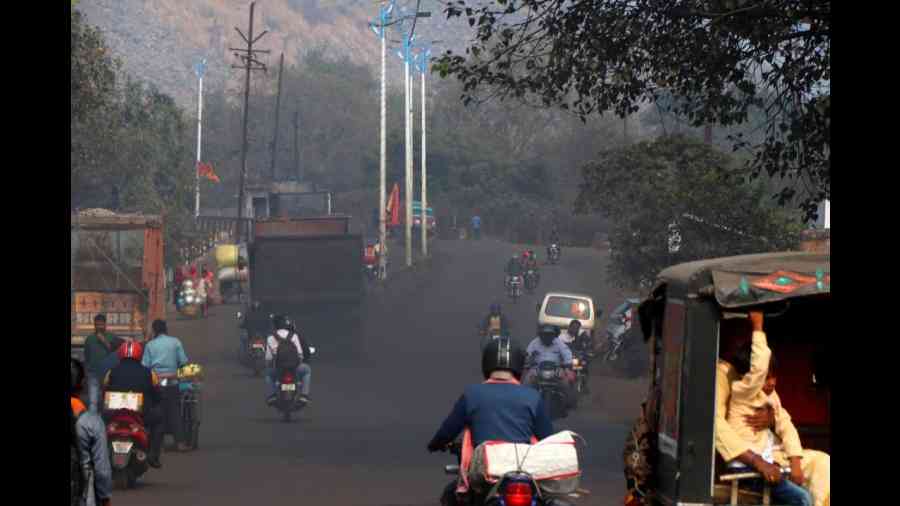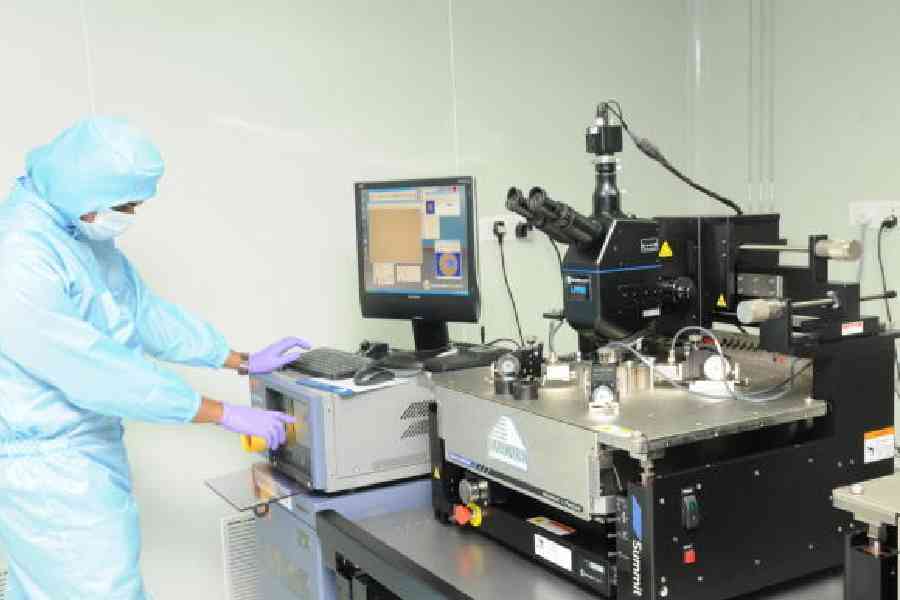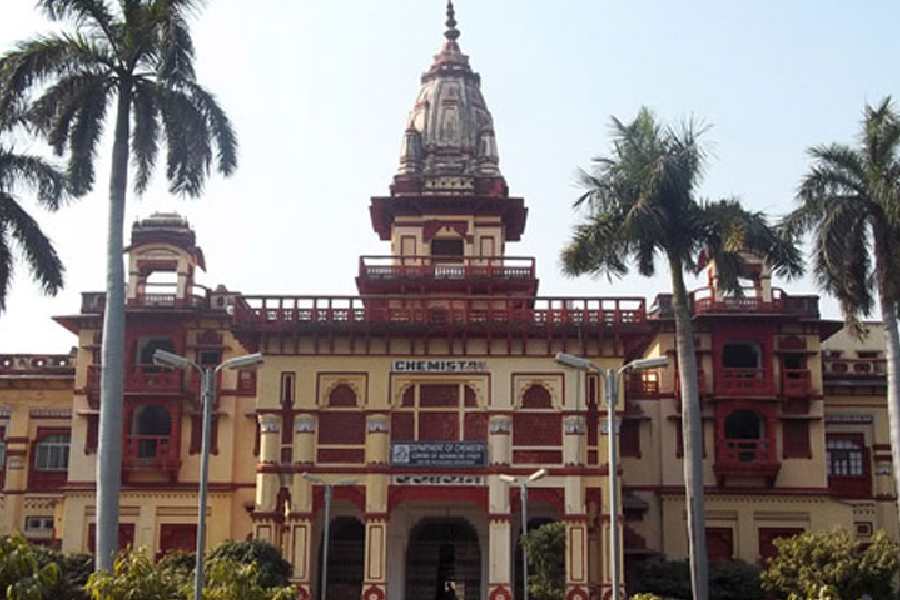Majority of Jharkhand residents (76 per cent) claim that air pollution is causing a threat to human health and still more (85 per cent) feel that vehicle emissions are the major contributor to air pollution.
These findings were shared by Bengal-based NGO SwitchON Foundation which released a public perception survey of human health in Jharkhand on the sidelines of a webinar organised on World Health Day (on Thursday) to create awareness among common citizens about the deteriorating health condition due to the increasing air pollution and identify solutions to lead a healthy lifestyle.
“The survey was carried out throughout 2022 by the foundation among a total of 1,250 respondents out of which, 680 respondentswere from capital Ranchi,” said the foundation MD Vinay Jaju.
Majority of respondents, (76%) in Jharkhand, and 85% in Ranchi in the survey said that air pollution is causing a threat to human health while 85% of residents of Jharkhand, and almost80% of respondents surveyed in Ranchi said vehicle emissions are the major pollution-causing factor, followed by industries and open waste burning.
Almost 50% of the respondents listed open waste burning to be a responsible factor of air pollution.
“The study has revealed that both males and females across Jharkhand have considered air pollution to be a threat to human health. People perceive the rising number of vehicles on the roads to be the primary cause of air pollution. During the survey, they expressed their opinion of the active promotion of cycling, walking, carpooling and shifting to electric vehicles as measures to control air pollution.
“The respondents want the government to create walking zones and cycling paths on the roads for active promotion of cycling and walking so that people cycle for livelihood and not for lifestyle,” informed Vinay Jaju.
“Primary data is used to conduct the study from the common masses, who commute on a regular basis, who buy groceries, drive auto rickshaws, the traffic police, the security guards, and the street vendors. All attempts were made to capture the response from men and women who get exposed to ambient air pollution regularly,” said Gargi Mitra, foundation spokesperson.
Meanwhile, the webinar highlighted the negative impacts of inequities on health and well-being, social and economic development, and the advantages of improving health for all through better and more equitable health services in Bengal, Jharkhand and Odisha.
A panel discussion followed by a training session also organised as a part of the virtual event.
The virtual event was attended by distinguished experts like pulmonologists, oncologists and paediatricians from West Bengal, Odishaand Jharkhand who were highlighting the effect of air pollution on the vulnerable section of society.
Consultant Pulmonologist from Raj Hospital, Ranchi, Dr Suprova Chakraborty, attending the webinar said: “The microscopic air pollutants like PM2.5 can enter the respiratory system through the mouth, nose and even the eyes and can cause severe lung diseases like asthma, chronic obstructive pulmonary disease, heart disease, stroke and even cancer. So, it is very important for the vulnerable section of our society to avoid high-traffic areas and go outdoors only when it is required.”
She further informed that domestic pollution is also a major concern and suggested switching to LPG from biomass fuel and using a well-ventilated kitchen to save the health of vulnerable populations like the elderly, kids and women.










